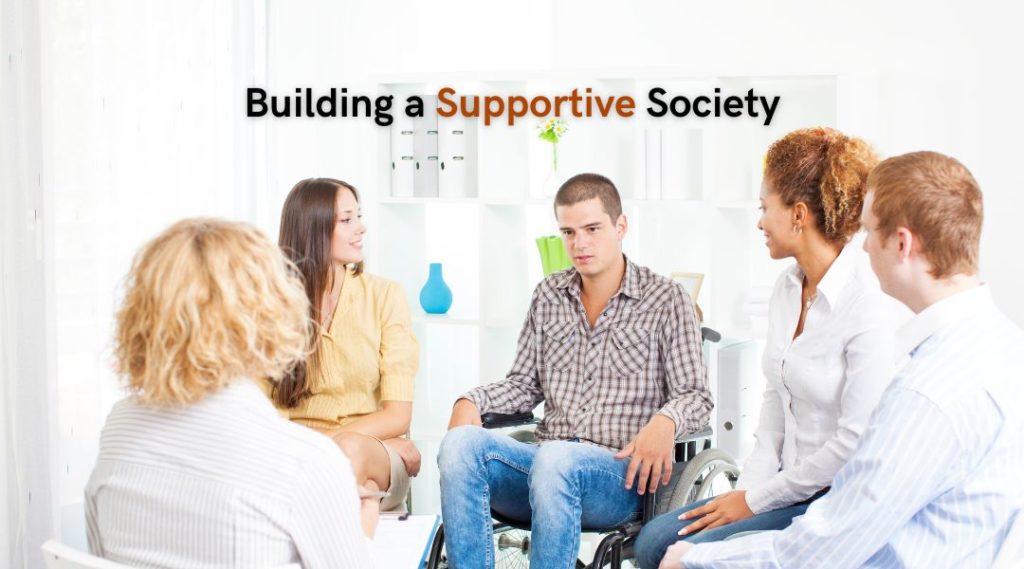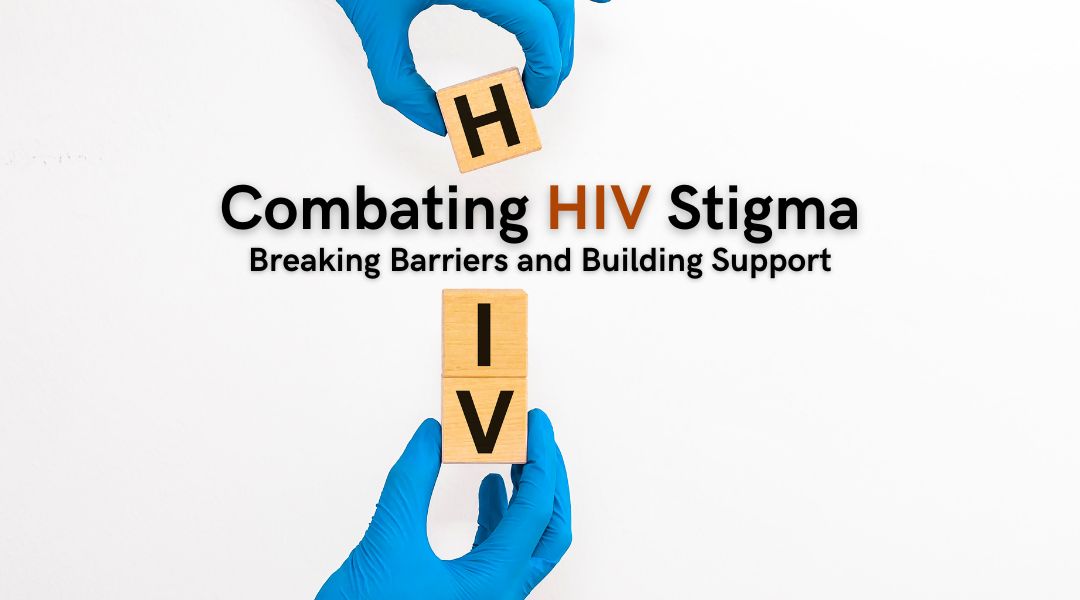Combating HIV Stigma Breaking Barriers and Building Support
In the fight against HIV/AIDS, medical advancements and increased awareness have significantly improved the lives of individuals living with the virus. However, despite these advancements, one formidable obstacle continues to persist – HIV stigma. The stigma associated with HIV is a social and psychological burden that often exacerbates the challenges faced by individuals living with the virus. This SEO article explores the causes and consequences of HIV stigma, strategies to combat it, and the importance of building a supportive and inclusive society.
Understanding HIV Stigma
HIV stigma refers to the negative attitudes, beliefs, and discrimination directed towards individuals living with HIV or AIDS. Stigma can manifest in various forms, such as social exclusion, verbal abuse, and even violence. The origins of HIV stigma can be traced back to fear, misinformation, and the association of the virus with certain groups, such as men who have sex with men, sex workers, or people who inject drugs. This stigma often leads to social isolation, limited access to healthcare and support services, and a negative impact on Mental health.
Causes and Consequences of HIV Stigma
HIV stigma arises from deep-rooted societal prejudices, misconceptions about transmission routes, and moral judgments surrounding HIV/AIDS. Fear of contagion and judgment often prevent individuals from disclosing their HIV status, leading to secrecy and shame. The consequences of HIV stigma are far-reaching. It deters people from getting tested, accessing treatment, and practicing safe behaviors, thus hindering efforts to prevent new infections. Stigma also exacerbates the emotional and psychological burden on people living with HIV, leading to increased stress, depression, and reduced quality of life.
Combating HIV Stigma

Education and Awareness Campaigns
Education plays a pivotal role in combating HIV stigma. Comprehensive and accurate information about transmission, prevention, and treatment helps dispel myths and misconceptions. Public health campaigns, school curricula, and community workshops can effectively raise awareness, promote empathy, and challenge stigmatizing beliefs. By providing factual knowledge, society can develop a better understanding of HIV, fostering compassion and support for individuals living with the virus.
Empowering People Living with HIV
Empowering people living with HIV is crucial in reducing the impact of stigma. Support groups, counseling services, and peer mentorship programs create safe spaces for individuals to share experiences and access emotional support. By empowering those affected by HIV, we can help them regain self-confidence and resilience, enabling them to lead fulfilling lives and challenge the negative perceptions associated with the virus.
Challenging Stereotypes and Discrimination
Combating HIV stigma requires challenging stereotypes and discriminatory practices. Advocacy efforts that focus on debunking myths, engaging influential voices, and promoting equality contribute to dismantling stigma. Legal protections against discrimination, workplace policies that safeguard the rights of employees living with HIV, and initiatives promoting inclusive healthcare environments are essential in reducing stigma and ensuring equal treatment for all.
The Role of Healthcare Providers and Institutions
Healthcare providers and institutions have a significant role to play in combating HIV stigma. It is crucial to ensure that healthcare professionals are trained to provide nonjudgmental and inclusive care. Building trust between healthcare providers and individuals living with HIV is essential, as it encourages disclosure, improves treatment adherence, and enables early intervention. By creating supportive healthcare environments, we can foster a patient-centered approach that focuses on holistic well-being and reduces the impact of stigma.
Strategies to Overcome HIV Stigma
- Education and Awareness Campaigns
- Advocacy and Policy Changes
- Community Engagement and Empowerment
- Promoting Positive Media Representations
- Peer Support and Counseling Services
Building a Supportive Society

Building a supportive society is paramount in combating HIV stigma. It involves fostering a culture of acceptance, empathy, and understanding. Community-based organizations, religious institutions, and public figures can actively contribute by promoting inclusivity, challenging discriminatory practices, and creating spaces that celebrate diversity. By embracing individuals living with HIV as valuable members of society, we can dismantle stigma and cultivate an environment that encourages disclosure, support, and compassion.
HIV stigma remains a significant barrier in the global fight against HIV/AIDS. It hinders progress in prevention, treatment, and support services, while amplifying the emotional burden faced by individuals living with the virus. Combating HIV stigma requires a multipronged approach involving education, empowerment, challenging stereotypes, and building supportive societies. By fostering empathy, promoting understanding, and ensuring equal treatment for all, we can create a world that supports and embraces individuals living with HIV, eradicating stigma and improving the overall well-being of those affected by the virus.

